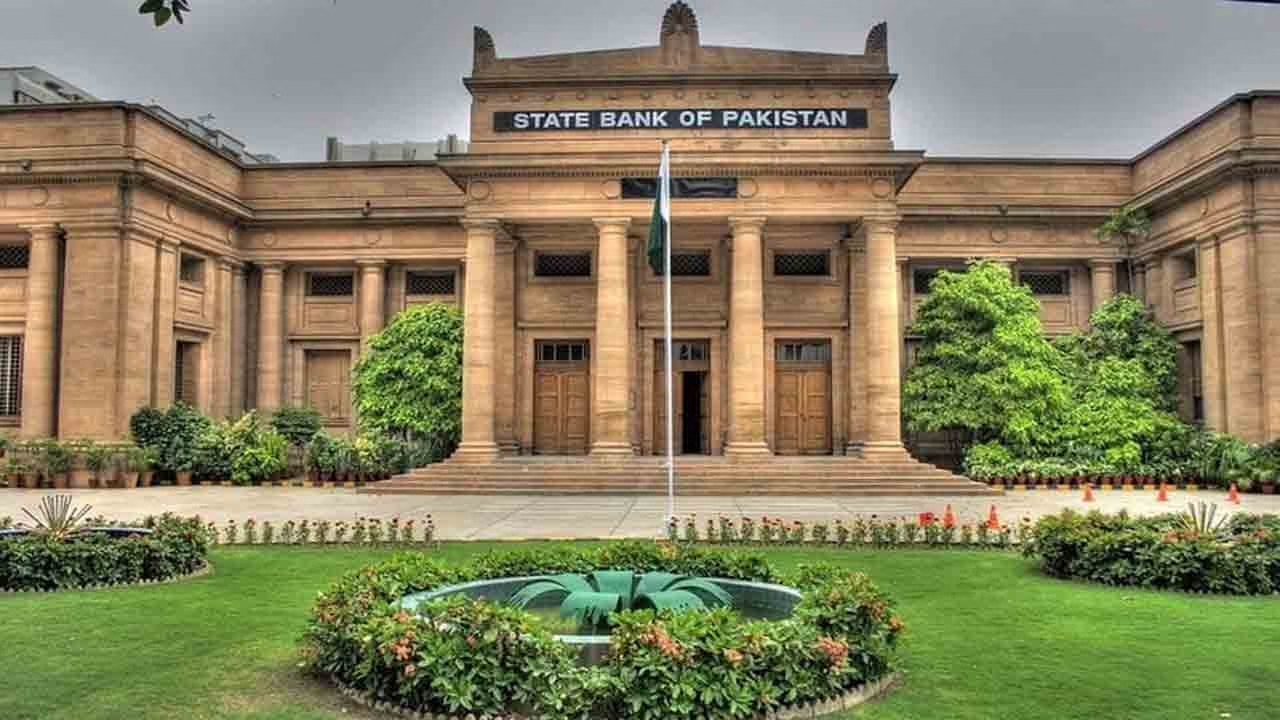In a significant development for Pakistan’s financial sector, the State Bank of Pakistan (SBP) has reported that the government successfully auctioned Pakistan Investment Bonds (PIBs) worth Rs 350 billion, exceeding the initial target of Rs 300 billion. This move reflects the government’s ongoing efforts to manage fiscal challenges and stabilize the economy by leveraging investment instruments.
The latest auction follows a major sale of Treasury Bills (T-bills) worth Rs 776 billion conducted just days earlier, highlighting the government’s proactive measures to maintain liquidity and fulfill budgetary requirements.
Details of the PIB Auction
The State Bank of Pakistan confirmed that the auction attracted substantial investor interest, with the government surpassing its target by Rs 50 billion. The sale of PIBs aims to secure long-term funding to address fiscal deficits and support the country’s economic recovery.
These bonds are particularly crucial for financing development projects and bridging budget gaps, offering investors a safe and reliable instrument with competitive returns.
Treasury Bills: A Key Player in Pakistan’s Financial Strategy
Just days before the PIB auction, the government successfully sold T-bills worth Rs 776 billion, demonstrating its ability to attract significant investments in the short-term debt market.
Breakdown of the T-bill Auction:
- 3-Month T-bills
- Amount Sold: Rs 317 billion
- Cut-Off Yield: Reduced by 20 basis points to 13.70%
- This reduction in yield reflects improved investor confidence in Pakistan’s short-term financial stability.
- 6-Month T-bills
- Amount Sold: Rs 167 billion
- Cut-Off Yield: Maintained at 13.49%
The stability in the 6-month yield demonstrates the government’s success in maintaining competitive returns while balancing the cost of borrowing.
What Are PIBs and T-bills?
- Pakistan Investment Bonds (PIBs): Long-term government-issued debt instruments, typically with maturities ranging from 3 to 20 years. PIBs are used to secure funding for long-term projects and fiscal management.
- Treasury Bills (T-bills): Short-term debt instruments with maturities of up to one year. They are primarily used to manage liquidity and address immediate financial needs.
These instruments are crucial components of Pakistan’s debt management strategy, offering investors secure returns while enabling the government to meet its financial obligations.
Why Are These Auctions Significant?
- Managing Fiscal Deficit
Pakistan continues to face significant fiscal challenges, including a high budget deficit and external debt obligations. Auctions like these provide much-needed liquidity, helping the government meet its financial targets without resorting to excessive external borrowing. - Restoring Investor Confidence
The strong demand for PIBs and T-bills indicates growing confidence among investors, both domestic and international, in Pakistan’s financial policies. The reduction in the cut-off yield for 3-month T-bills further underscores this positive sentiment. - Supporting Economic Stability
By raising funds through domestic debt instruments, the government reduces its reliance on foreign loans, which often come with stringent conditions. This strategy helps bolster the country’s economic independence and stability.
Challenges and Opportunities
While the successful auctions signal progress, the government must navigate several challenges:
- Debt Servicing: The cost of servicing domestic debt remains a concern, especially as Pakistan faces rising inflation and currency depreciation.
- Sustainable Growth: Funds raised through PIBs and T-bills should be effectively utilized to support economic growth and development.
- Investor Diversity: Encouraging participation from a broader range of investors, including foreign institutions, could further strengthen Pakistan’s financial markets.
On the other hand, these auctions present opportunities to:
- Boost financial inclusion by offering accessible investment opportunities to individual and institutional investors.
- Strengthen the government’s credibility in the global financial market through transparent and successful debt management.
What Lies Ahead?
The government’s ability to meet and exceed its auction targets demonstrates strong financial management amidst challenging circumstances. However, sustaining this momentum requires prudent use of the funds raised. Key focus areas should include:
- Development Projects: Allocating resources to infrastructure, education, and healthcare to ensure long-term economic growth.
- Debt Management: Strategically managing both domestic and external debt to avoid excessive reliance on either.
- Economic Reforms: Implementing structural reforms to address underlying fiscal issues and build a more resilient economy.
The auction of Rs 350 billion in Pakistan Investment Bonds and Rs 776 billion in T-bills reflects the government’s proactive approach to managing fiscal challenges and bolstering economic stability. By leveraging these instruments, Pakistan is not only addressing its immediate financial needs but also laying the groundwork for sustainable growth.
As the government continues to navigate economic challenges, initiatives like these highlight the importance of strategic financial planning and investor confidence in shaping the country’s future.



